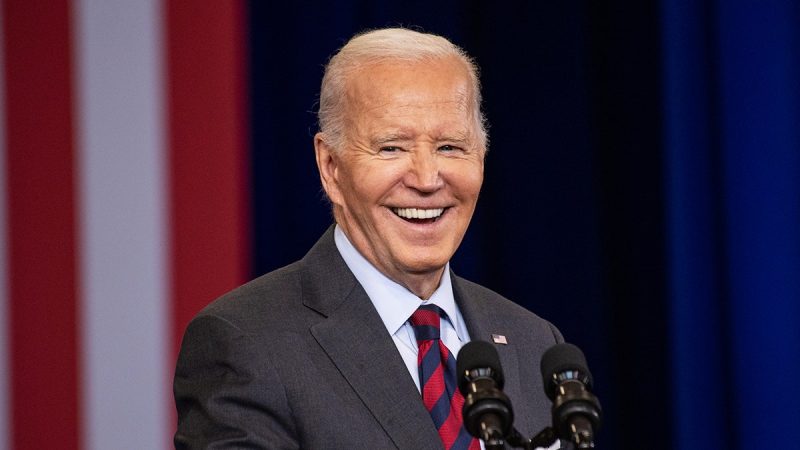The recent policy decision by the Biden administration to impose stringent restrictions on U.S. military tech investments in China during the lame-duck session has sparked significant debate and raised concerns about potential implications for national security, economic stability, and global relations.
Under the new policy, the U.S. Department of Defense will have increased authority to scrutinize and potentially block proposed investments by American companies in Chinese technology firms that are deemed to pose a risk to U.S. military capabilities and technological advantage. This marks a significant shift towards a more assertive stance on safeguarding sensitive technologies and intellectual property from potential adversaries, particularly China.
The move comes as part of a broader effort by the Biden administration to address the growing challenges posed by China’s rapidly expanding technological capabilities and its strategic ambitions in various sectors, including defense, artificial intelligence, and space exploration. By curbing U.S. investments in Chinese firms with military ties, the administration aims to mitigate the risk of inadvertently strengthening China’s military-industrial complex and eroding American technological superiority.
However, the crackdown on U.S. military tech investments in China is not without its critics and potential drawbacks. Some industry experts and analysts have expressed concerns about the potential impact on American businesses operating in China and the broader economic repercussions of restricting investment flows between the world’s two largest economies. Moreover, there are fears that the policy could escalate tensions between the U.S. and China, further exacerbating an already strained bilateral relationship.
Despite these concerns, supporters of the new policy argue that it is a necessary step to protect vital U.S. national security interests and prevent the unauthorized transfer of sensitive technologies to China. By enhancing oversight and scrutiny of U.S. investments in Chinese tech companies, the Biden administration aims to strike a delicate balance between fostering economic engagement with China and safeguarding critical national security assets.
Looking ahead, the implementation of these new restrictions on U.S. military tech investments in China is likely to be closely monitored by lawmakers, industry stakeholders, and geopolitical observers alike. The evolving dynamics of U.S.-China relations, coupled with the rapid pace of technological innovation, will continue to shape the contours of the global tech landscape and influence the future trajectory of international security and economic competitiveness. As the Biden administration navigates this complex terrain, finding a delicate equilibrium between fostering economic cooperation and protecting national security interests will be paramount in shaping the U.S. approach towards China in the years to come.

